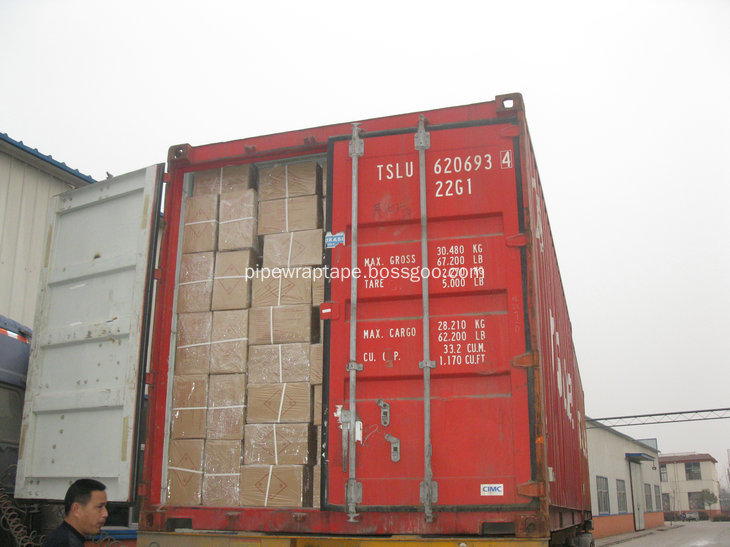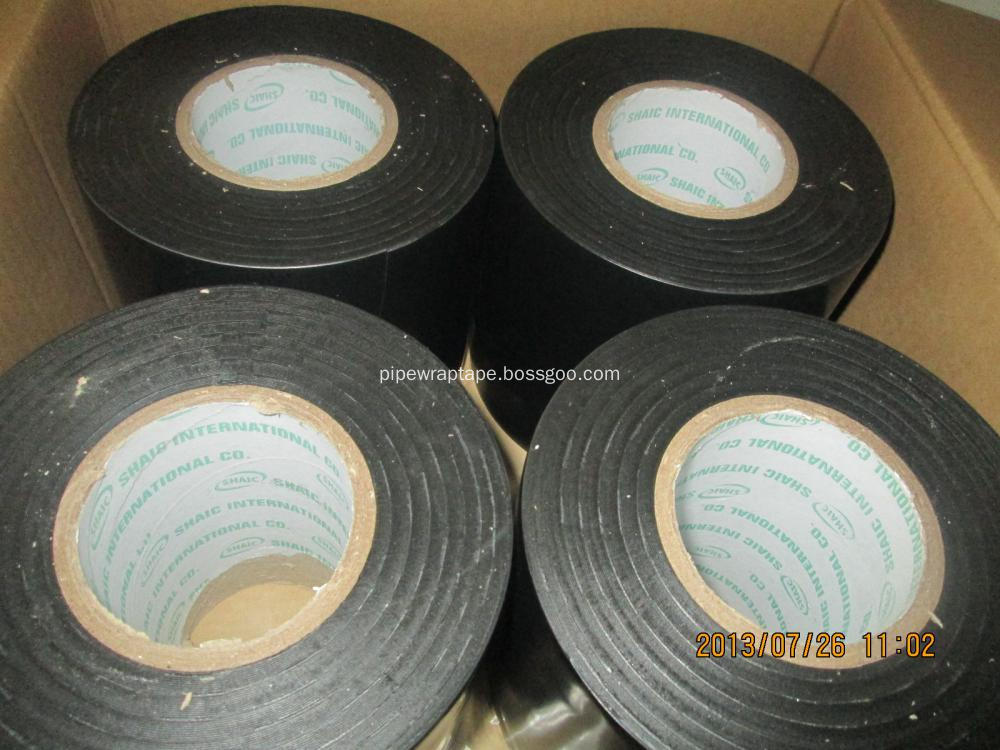In all battery negative materials, metallic lithium has a density of **, a theoretical voltage of **, an electronic conductance of **, and an electrochemical capacity of 3860 mAh/g, so a lithium metal based battery for nearly a decade. Leading the development of high performance batteries. The water-based electrolyte lithium air battery has been studied for a long time. The battery discharge reaction equation is: 4Li + O2 + 2H2O → 4LiOH (E? = 3.35V). During discharge, lithium metal, water and oxygen are consumed to produce LiOH due to the metal surface. A protective film is formed which hinders the rapid occurrence of the corrosion reaction. However, in the open state and low power state, the self-discharge rate of metallic lithium is quite high, accompanied by the corrosion reaction of lithium: Li + H2O → LiOH + 1/2H2, the occurrence of this reaction reduces the coulombic efficiency of the negative electrode of the battery, It also brings security problems. Considering the practicality, cost and safety, the water-based lithium air battery is non-metallic air battery.
Organic lithium/air batteries have ** energy density in many current battery systems. The energy density after oxygen removal reaches an astonishing 11140 Wh/kg, and the battery system is 1-2 orders of magnitude higher. This paper reviews the research progress of new organic lithium air (oxygen) batteries, and analyzes and forecasts the development trends and key factors.
1 Reaction mechanism of lithium air battery
The lithium/air battery we are talking about now usually refers to the organic electrolyte lithium air battery (the lithium air battery mentioned below is this organic series), which is a new power system that has just been developed in recent years. There are very few lithium/air battery researches at home and abroad. In 1996, KM Abraham et al. first reported an organic series of electrolyte lithium/air batteries at J. Electrochem. Soc. [1]. Unlike the conventional aluminum/air battery and zinc/air battery water system, the lithium/air battery is a brand new metal/air battery. Compared to conventional air batteries using water-based and water-based electrolytes, higher rated voltages (theoretical values ​​are 2.9-3.1 V) can be obtained with organic series electrolytes or all-solid electrolytes, while the energy density of lithium/air batteries It is also much higher than other metal/air batteries, and its working principle is based on the following two reactions:

Figure 1 Schematic diagram of the working principle of lithium air battery
As shown in Fig. 1, first, oxygen is reduced to O2- or O22- on the surface of the porous air electrode, and then combined with Li+ in the electrolytic solution to produce a product of Li2O2 or Li2O. Since both lithium peroxide and lithium oxide are not dissolved in the organic electrolyte, the discharge product can only be deposited on the air electrode of the aerobic anion or peroxy anion. In the case of an excess of the anode, the termination of the discharge is due to the blockage of the discharge product. Caused by air electrode channels.

